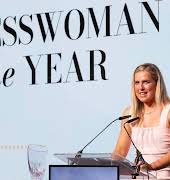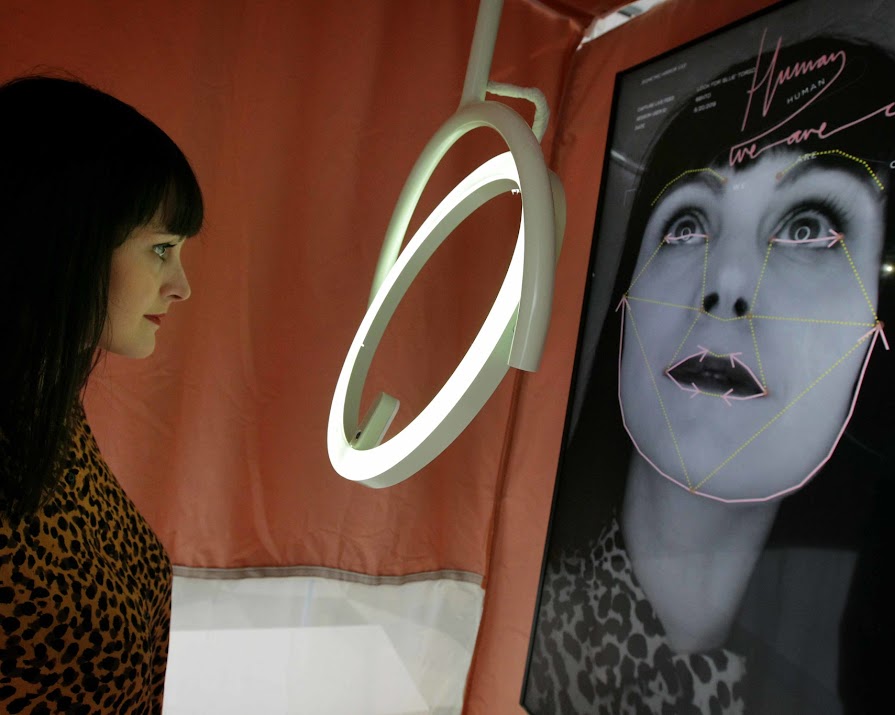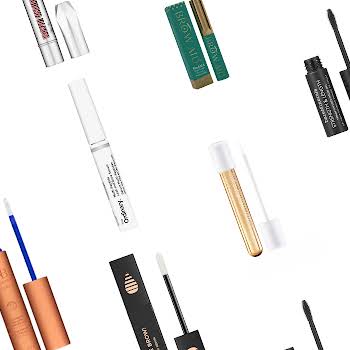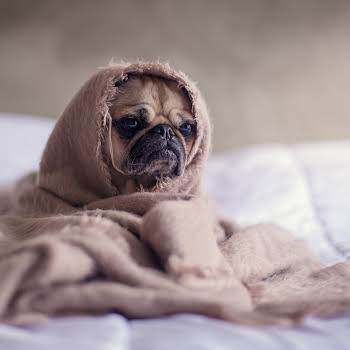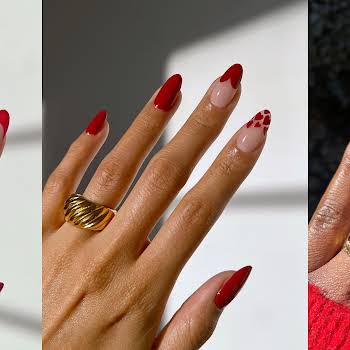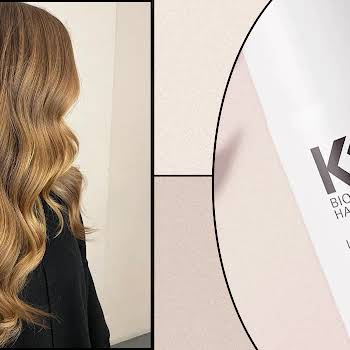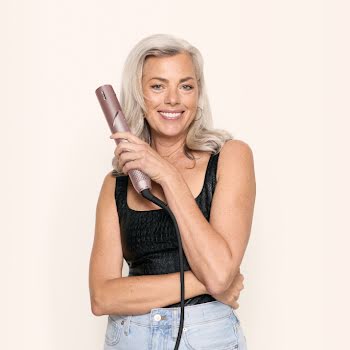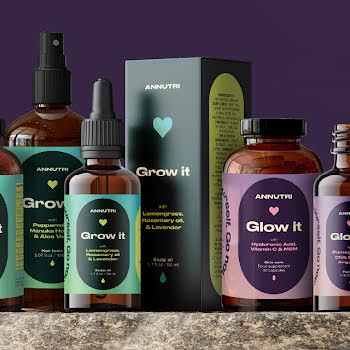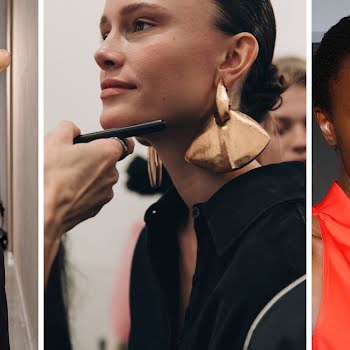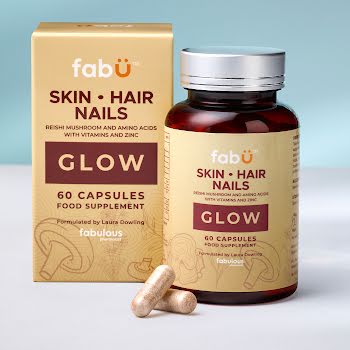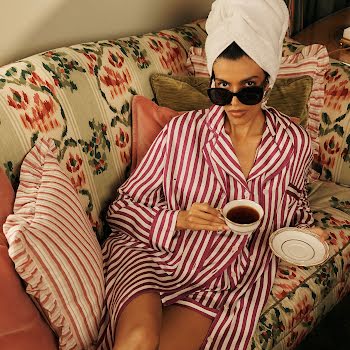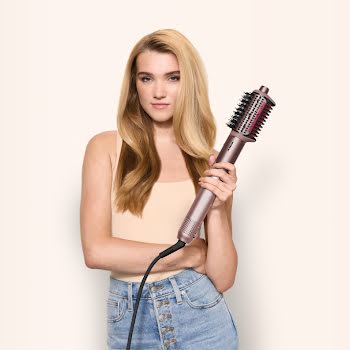
By Holly O'Neill
15th Jul 2019
15th Jul 2019
A very Black Mirror-esque experience left this beauty editor questioning all of her beliefs about beauty.
“People will make you feel like you need their treatments. Don’t let them.” That’s what editor Rosaleen McMeel told me when I started writing beauty for IMAGE Magazine, when I was skipping out of the office one day to get my arse 3D Lipo’d. A story for another day. Not me, I thought, back when I was full of youth.
Life as a beauty editor has been relatively insult-free. I love skincare and make-up and perfume and red nail polish and getting my hair highlighted and I never feel like that is at odds with my beliefs, intelligence or relationship with myself. I get to interview incredible women whose relationships with their bodies have changed their life, who speak so eloquently about it that my entire perceptions of my body and image have changed. I have a glorious wellness column where I get to try out weird and wonderful treatments without ever getting insulted. And even if I am having a crappy week, I have access to some really great lipstick. So I’ve been ticking along quite happily in my world where beauty is a source of joyful, fun moments in my day and never something to fret over. That is, until the invitation arrived at my desk for a new exhibition at Science Gallery Dublin: PERFECTION – explore why humans strive for perfection in an imperfect world.
“PERFECTION, reflects on ever-changing ideas of scientific precision, body augmentation and perfect imperfection.”
Highlights at the exhibition would include French artist Orlan’s performance piece, a medical performance in a series of plastic surgery operations in which the artist alters her appearance to reflect cultural pressures of beauty. Genetics Gym SS18 by Adam Peacock would explore a future where our physical traits constantly change every few months and if you’ve ever seen a couple and thought, “they look exactly like brother and sister,” Jane Sverdrupsen’s portraits in Symbiotic Ones explores why we are attracted to similar faces as our own and to what extent couples become more similar looking to one another.

Harmony by Realbotix
Fascinating, right? Every single exhibit sounded this fascinating, apart from one which sounded like a Black Mirror episode and turned my blood cold.
“Biometric Mirror by artist Lucy McRae and computer scientists Niels Wouters and Nick Smith allows our faces to be biometrically assessed and then stretched and modified to meet the ideals of a Hollywood plastic surgeon. It enables visitors to scan their biometric data in order to be re-presented with a ‘perfect’ version of themselves.”
Truly, the stuff of nightmares. I’ve written about this before, except in much less personal terms. Here are some words I wrote two years ago, back when Amazon released the Echo Look, “a service that combines machine learning algorithms with advice from fashion specialists” and when I was clearly filled with confidence:
“I know what you’re thinking. About time! Why wasn’t this around sooner? Honest, genuine feedback on how unattractive I am from a robot. This is the future!
But you know, this is different. This is my actual face.
If my new perfect face in this mirror was really just so devastatingly lovely, I would have no choice but to acquire this face through multiple surgical procedures. Which wouldn’t really be too difficult in my case – I’d just have to come back to the office after the exhibition launch on Friday and convince my editor Lizzie to let me hand over my face to plastic surgeons for a new surgery column.
I nervously announced my worries to the IMAGE digital team who gratified me with a collective gasp. “Maybe it will be like a Snapchat filter,” said Erin, IMAGE.ie deputy editor. “You know that it’s you, just a slightly nicer yet completely unattainable version, but still recognisably you.”
Maybe I would just not go to the exhibition. Except of course I would. I had to know what the perfect version of myself looked like.
It’s the morning of the exhibition and I put a poll on my Instagram Story. “About to let an algorithm in a mirror show me the ‘perfect’ version of my face.” Your options in the poll were: ‘cool!’ or ‘you should not do this.’ ‘Cool!’ wins; a devastating 59% of my Instagram followers are either content vultures or have no consideration for the potentially life-altering consequences that await me in the science mirror.
When you come to Biometric Mirror at the exhibition, you enter a sci-fi beauty salon, where a ‘surgeon’ will ‘book you in’ for an appointment. You step inside a booth, where a camera is pointed at your face, blowing it up onto a large screen. AI scans your biometric data and presents you with your new face and a character analysis of who you are, based entirely off your face.
I’ll leave it up to you to decide if the following photographs are worth me dedicating the rest of my beauty career to surgically achieving my algorithmically perfect face.

Actual me

Mathematically ‘perfect’ me
Biometric Mirror compares its client to a database of faces that have been assessed on 14 characteristics, before issuing them a statement that summarises their ‘attractiveness’ and their emotional state. Though the mirror might have decided based off my face that I was 100% weird, 52% happy, 40% kind and 0% aggressive, that was all ashamedly much more palatable than what I had been expecting: to be devastated on being presented with the Western idealised beautiful version of me, the Kardashian me, the me that Love Island would want as a participant. Biometric Mirror was designed to start a conversation on the transparency of algorithms while exploring their accuracy and flaws. What it was not designed for was to send me into an existential crisis about what Love Island Holly would look like. Fortunately, the rest of the exhibition is a tonic for this kind of thinking.
Orlan’s OMNIPRÉSENCE put me off ever seeking out plastic surgery and Racing Towards Perfection presents data that explores how better health, diets and evolution have affected the results of the 100-metre sprint. The Ark of Imperfection asks you to contribute a story, sample, image or quotation about your imperfections, Harmony, the robot, will drop you right into a Black Mirror storyline and Woman Hours by Tyler Payne will make you wonder how on Earth a bikini wax could end in anything deemed sexy. Finally, the exhibition ends with a project from I Weigh, Jameela Jamil’s Instagram account that encourages you to see yourself as more than a number on a scales. The exhibition is a must-see for anyone who’s ever wondered what the Love Island version of themselves would look like.
PERFECTION runs at Science Gallery Dublin until October 6.
Photography by Science Gallery Dublin.
Read more: Post-pill acne: My self-confidence is gone since quitting the pill
Read more: I’ve been ugly and beautiful and the difference is depressing
Read more: How to be body confident when the world makes you feel ugly







